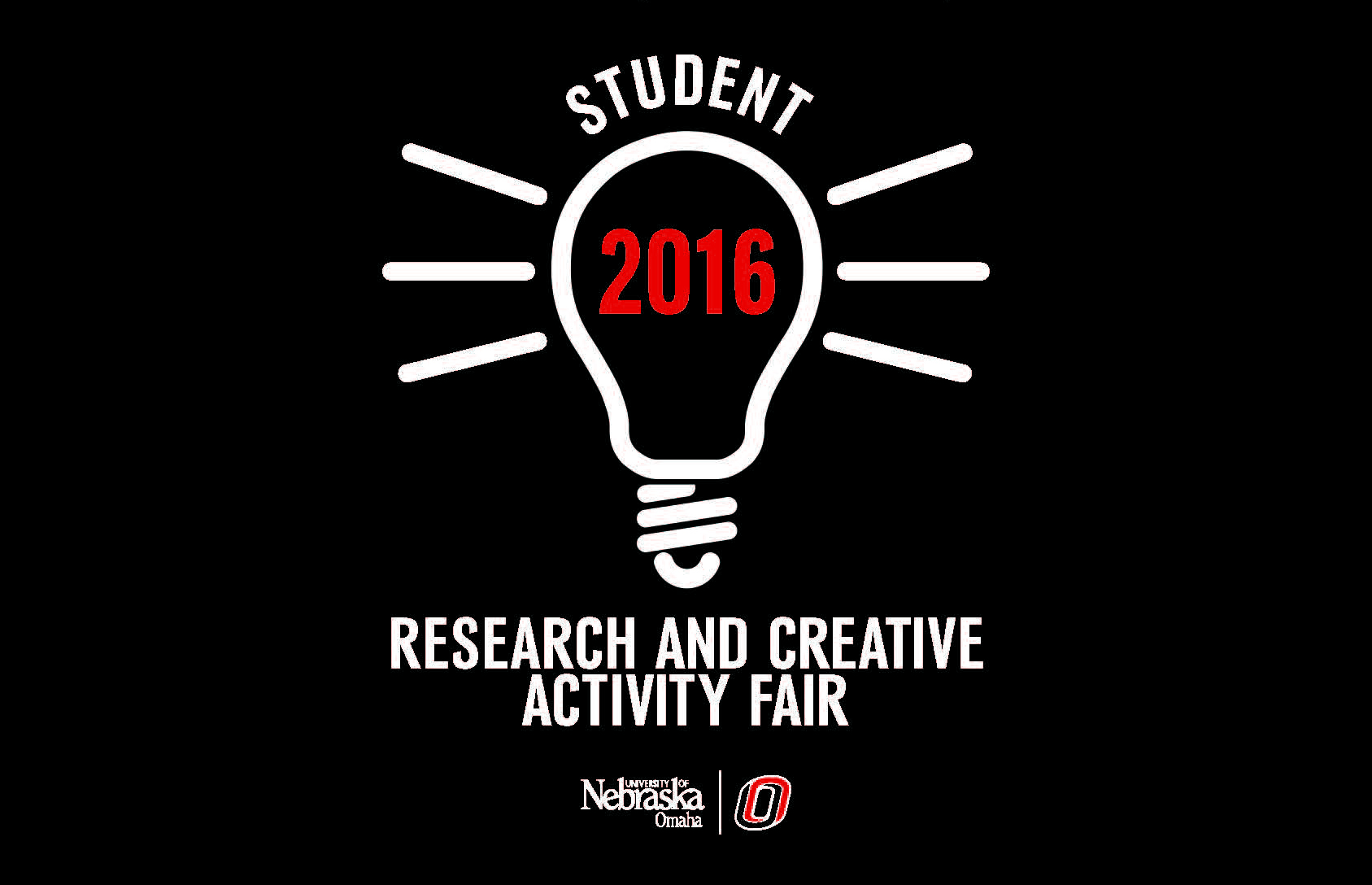
Chemosensory Transmission of Cortisol Levels between Human Owners and Competition Dogs
Advisor Information
Rosemary Strasser
Location
Dr. C.C. and Mabel L. Criss Library
Presentation Type
Poster
Start Date
4-3-2016 10:45 AM
End Date
4-3-2016 12:15 PM
Abstract
Research has produced evidence of affective empathy between humans and pet dogs, indicating that dogs can respond to human emotions through an unconscious process. Based on previous literature, one of the mechanisms for emotional contagion is likely chemosensory cues. The present study examines emotional contagion (transference of emotional state between individuals) with human owners and agility dogs. Methodology involved exposing dogs to sweat samples obtained from owners during an agility competition, a canine sport where handlers guide dogs through an obstacle course, and collecting subsequent salivary cortisol responses from the dogs. Dogs also completed behavioral tasks requiring them to remember the location of a hidden object. Behavioral and physiological responses were measured in a) a control condition (no sample presented), b) after the dogs were exposed to the owners’ unstressed samples and c) after the dogs were exposed to the owners’ stressed samples (from the agility competition). Significant differences in the number of mistakes dogs made on the memory task were found between conditions, F(2, 36) = 4.13, p = .024, with fewer mistakes in the unstressed condition than in the control (p = .001) or stressed condition (p = .084). No differences were found between the control and stressed conditions (p > .05). Physiological data are still being compiled and analyzed. This research promotes a better understanding of how emotions and hormonal states may be transmitted between individuals. Furthermore, the results of this study provide evidence of chemosensory transmission as a mechanism for emotional contagion between species.
Chemosensory Transmission of Cortisol Levels between Human Owners and Competition Dogs
Dr. C.C. and Mabel L. Criss Library
Research has produced evidence of affective empathy between humans and pet dogs, indicating that dogs can respond to human emotions through an unconscious process. Based on previous literature, one of the mechanisms for emotional contagion is likely chemosensory cues. The present study examines emotional contagion (transference of emotional state between individuals) with human owners and agility dogs. Methodology involved exposing dogs to sweat samples obtained from owners during an agility competition, a canine sport where handlers guide dogs through an obstacle course, and collecting subsequent salivary cortisol responses from the dogs. Dogs also completed behavioral tasks requiring them to remember the location of a hidden object. Behavioral and physiological responses were measured in a) a control condition (no sample presented), b) after the dogs were exposed to the owners’ unstressed samples and c) after the dogs were exposed to the owners’ stressed samples (from the agility competition). Significant differences in the number of mistakes dogs made on the memory task were found between conditions, F(2, 36) = 4.13, p = .024, with fewer mistakes in the unstressed condition than in the control (p = .001) or stressed condition (p = .084). No differences were found between the control and stressed conditions (p > .05). Physiological data are still being compiled and analyzed. This research promotes a better understanding of how emotions and hormonal states may be transmitted between individuals. Furthermore, the results of this study provide evidence of chemosensory transmission as a mechanism for emotional contagion between species.
